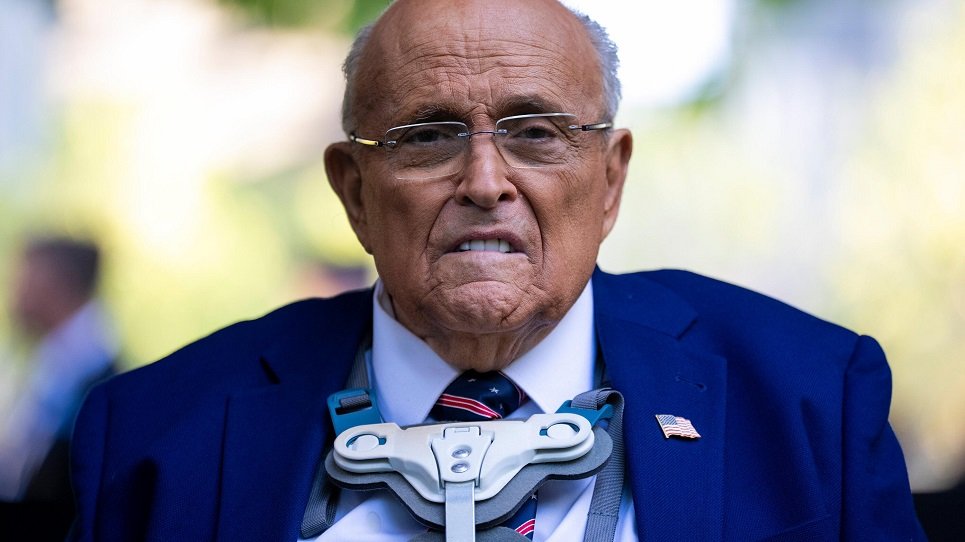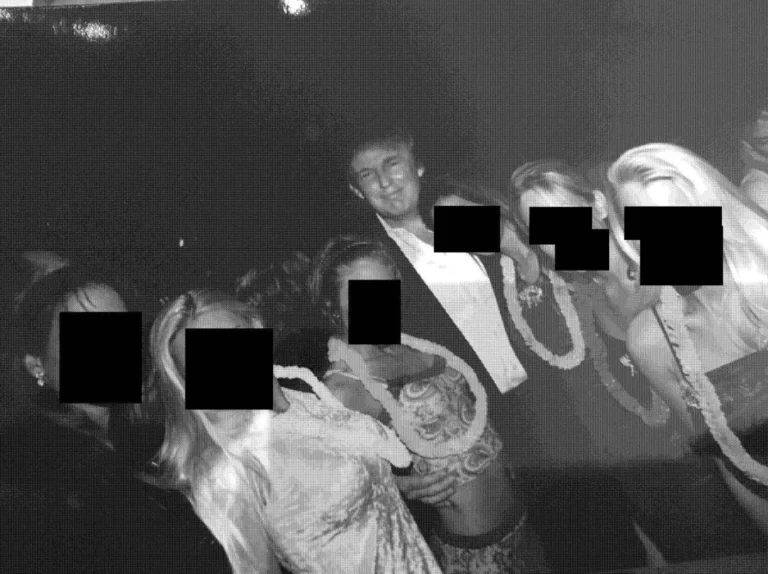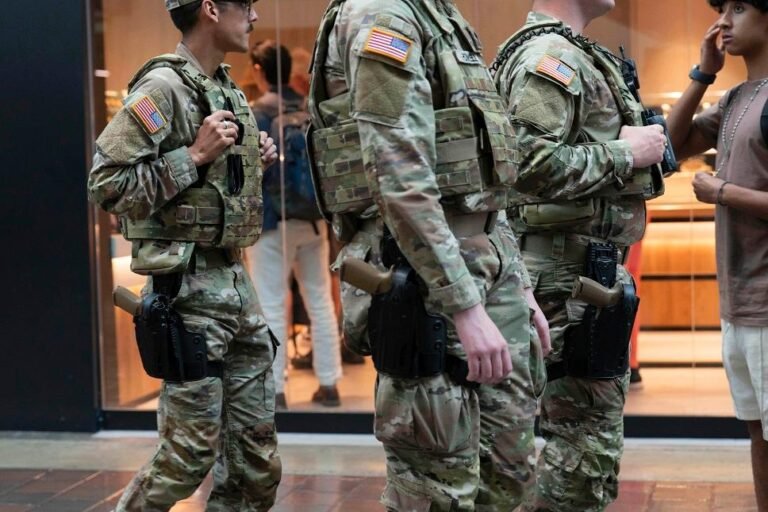Washington, D.C. (AP) — Former New York Mayor and Trump attorney Rudy Giuliani has reached a confidential settlement with Dominion Voting Systems in a defamation lawsuit tied to his widely debunked claims about the 2020 presidential election. The case is now permanently dismissed.
What the Suit Said & Why It Mattered
Dominion filed the lawsuit in January 2021, seeking $1.3 billion in damages. It accused Giuliani of spreading false “defamatory falsehoods” — including that Dominion’s machines were used to flip votes to Joe Biden — across media appearances, social platforms, and legislative hearings.
The complaint argued these claims caused serious reputational harm, business losses, and even led to threats against Dominion employees.
As part of the broader pushback to post-2020 election disinformation, Dominion has also pursued similar cases against Fox News (settled in 2023) and Newsmax.
The Settlement — What We Know (and Don’t Know)
The joint court filing confirmed the lawsuit would be dismissed permanently, but did not disclose the terms.
Both sides characterized the deal as “confidential.” Dominion declined to share details; Giuliani’s team did likewise.
In the past, similar agreements have included clauses requiring each side to cover its own legal costs, but there is no public confirmation that occurred here.
A Track Record of Legal & Financial Losses
This settlement is one more in a string of legal setbacks for Giuliani:
-
In 2023, he was ordered to pay $1.36 million in attorneys’ fees.
-
Earlier, a Georgia court awarded $148 million to two election workers he falsely accused of ballot fraud.
-
He has been disbarred in New York and Washington, filed for bankruptcy, and faced judgments tied to his role in promoting election conspiracies.
In settling with Dominion, Giuliani avoids further risk of financial ruin and extended litigation — though he likely cedes further public debate on the merits of his claims.
Why It Resonates in U.S. Cities: Lessons for Local Democracy
For Americans in cities like Philadelphia, Phoenix, Seattle, or Detroit, this case holds clear implications:
-
Election integrity at the local level is deeply vulnerable to disinformation. Voting machine vendors, election boards, local clerks, and technicians are all potentially targeted by false claims. The Dominion case shows that major firms are now fighting back — a precedent that could empower local officials to respond vigorously.
-
Media accountability and defamation law matter. Many local newsrooms, stations, and talk radio programs extensively cover elections. The Giuliani-Dominion settlement adds pressure on outlets to fact-check claims, especially those with outsized amplification.
-
Legal deterrence is real. When monumental claims are challenged in court, even powerful figures may be required to pay consequences. Local actors and civic groups can use this example to demand higher standards in their own jurisdictions.
-
Public trust is on the line. In cities with contested politics or tight races, confidence in machines, tabulation, and transparency is fragile. High-profile cases like this one reaffirm that fraud claims cannot be floated unchecked — they invite legal exposure.














